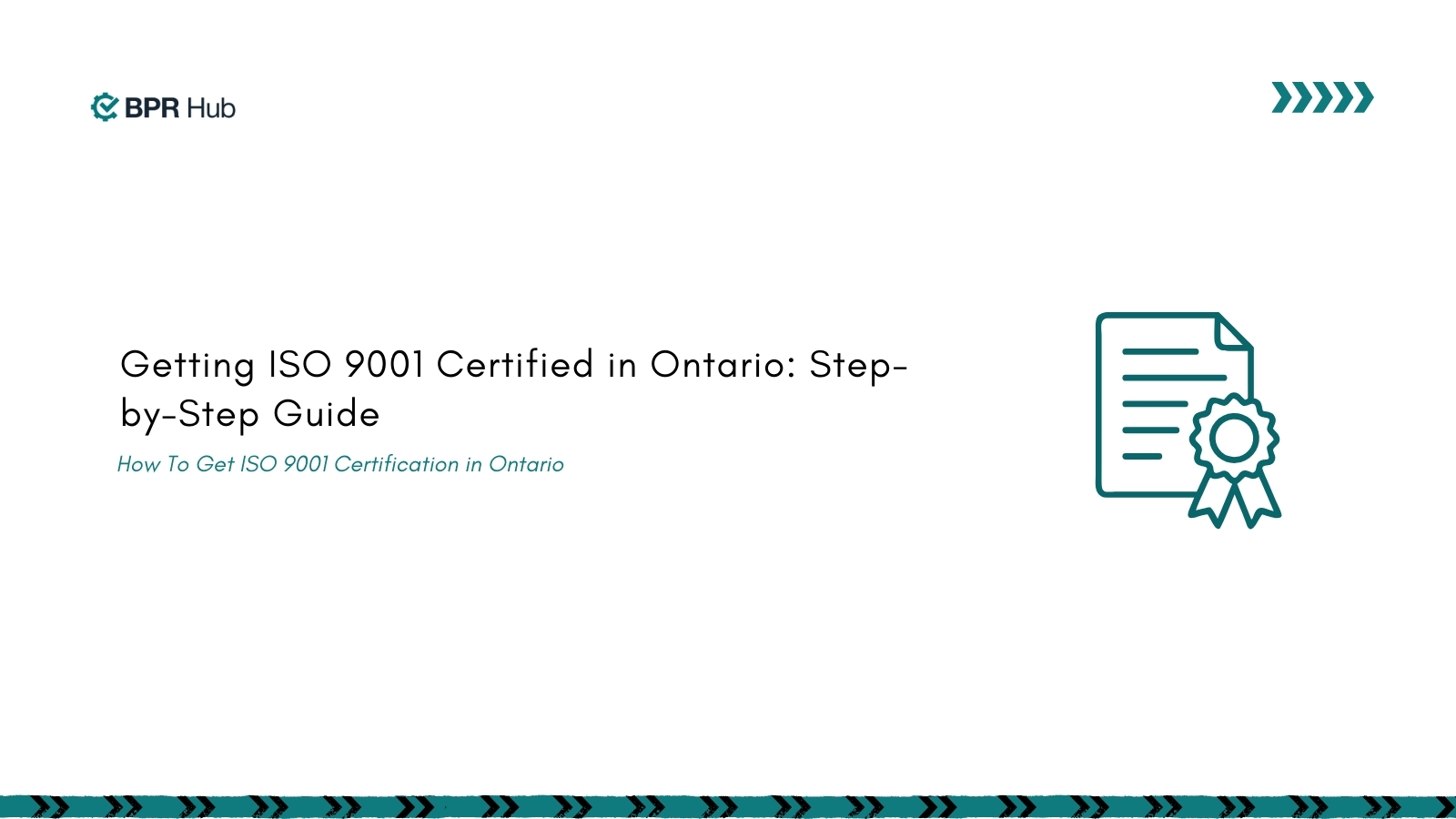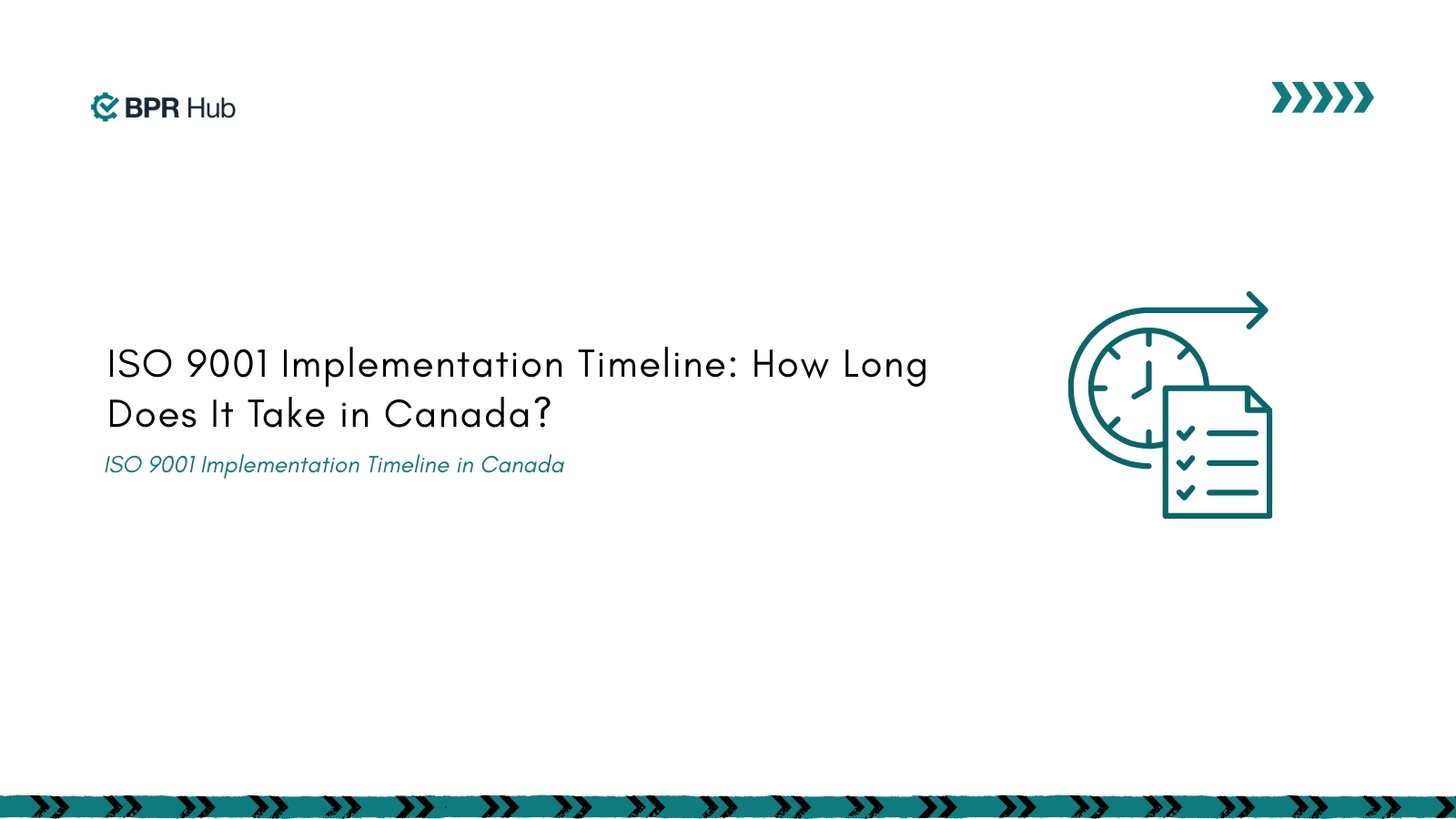Every organization needs a scalable and customizable supplier quality management process that can help meet quality and compliance goals consistently by delivering the best quality products. The supplier quality management applications market is projected to reach USD 38.08 billion by 2035, growing at a CAGR of 10.5% from 2025, highlighting the importance of robust supplier quality management systems. Organizations can no longer rely on traditional quality control methods when supply chains become more global and regulations more stringent.
Product recalls, missed revenue opportunities, reputational harm, and compliance violations occur due to nonconforming material and delays. This lies in the hands of suppliers as they are critical to the production line. Companies implementing effective supplier quality assurance programs are experiencing substantial returns on investment, with comprehensive quality management systems delivering measurable business value through improved efficiency and risk mitigation.
What is Supplier Quality Management (SQM)?
Supplier quality management can be understood as the parameters with which a supplier meets the agreed business needs. Simply put, supplier quality is when a supplier can deliver quality goods or services that meet specifications and satisfy consumer needs. This systematic approach encompasses vendor selection, performance monitoring, compliance tracking, and risk assessment, ensuring supplier-provided materials meet organizational quality standards.
Modern supplier quality management systems integrate technologies including artificial intelligence, machine learning, and predictive analytics, providing real-time insights into supplier performance. These systems help organizations transition from reactive quality control to proactive quality assurance, identifying potential issues before they impact production.
Every organization needs an efficient supplier quality system to manage supplier quality with a collaborative and proactive approach. According to Future Market Insights, companies with integrated SQMS practices experience a reduction in non-conformance costs by 40%, demonstrating the financial benefits of quality management approaches.
Key Benefits of Supplier Quality Management Systems
Supplier Quality Management can help you share information easily with your suppliers by integrating audit, risk, change, document management, and other QMS capabilities into your operations. This secure, cloud-based solution can help address issues, take corrective actions, and foster best practices in your supplier relationships, ensuring quality, compliance, and readiness.
Cost Reduction and Financial Performance
Supplier quality management software drives substantial cost savings through multiple mechanisms. According to ASQ research, for every $1 spent on quality management systems, organizations see an additional $6 in revenue, $16 in cost reduction, and $3 in increased profits. World-class procurement organizations implementing effective supplier management processes achieve procurement ROI ratios of 9:1, meaning every dollar invested in quality management generates nine dollars in returns through reduced costs and improved efficiency.
Quality-focused supplier relationships eliminate costly rework, reduce warranty claims, and minimize product recalls that can damage both finances and brand reputation. Companies implementing comprehensive quality management frameworks experience improvements in operational efficiency and cost control.
Risk Mitigation and Compliance Assurance
Supplier quality assurance programs provide protection against compliance failures and operational disruptions. With the introduction of new EU regulations, including the Corporate Sustainability Reporting Directive and Corporate Sustainability Due Diligence Directive in 2024, organizations face heightened scrutiny regarding their entire supply chain operations.
Supplier quality systems provide real-time monitoring capabilities that ensure continuous compliance with industry standards, regulatory requirements, and internal quality specifications. This proactive approach to risk management prevents costly compliance failures and protects organizations from reputational damage.
Enhanced Operational Efficiency
Supplier quality management systems streamline operational processes by automating routine quality monitoring tasks and providing centralized visibility into supplier performance. Organizations implementing supplier management solutions experience reductions in manual processes and administrative overhead, enabling teams to focus on strategic activities. These efficiency gains create additional value through improved supplier relationship development and innovation collaboration.
Robust supplier quality programs directly translate to enhanced end-product quality and customer satisfaction. By ensuring that supplier-provided components meet stringent quality standards, organizations can deliver more reliable products, reducing returns, warranty claims, and customer complaints.
This quality improvement creates a positive feedback loop, as satisfied customers drive increased sales and market share, justifying investments in supplier quality management capabilities.
Streamline Supplier Quality with BPRHub Today. Request a Demo Now.
📍 Book a Demo
📧 hello@bprhub.com
How a Modern Supplier Quality Management System Enhances Supplier Relationships
Supplier quality management systems transform buyer-supplier relationships toward strategic partnerships, creating mutual value and competitive advantages. The solution ensures product quality, safety, and global compliance while focusing on business growth opportunities. Organizations are shifting toward transformational supplier relationships that drive innovation and mutual success.
Supplier quality systems provide transparency into supplier performance through real-time dashboards and analytics. This visibility enables data-driven performance improvement conversations and creates accountability mechanisms, driving continuous enhancement. You can make smarter decisions with a consolidated, 360-degree view of your supplier engagements.
Supplier quality management systems incorporate predictive analytics, identifying potential quality issues before they impact production. This proactive approach enables collaborative problem-solving and provides complete transparency about supplier specifications, deviations, change requests, and compliance.
The Core Components of a Supplier Quality Management System
Supplier quality management software helps businesses manage their suppliers and ensure they meet quality standards. Supplier quality management software typically includes the following components:
Supplier Onboarding and Management: Create and manage supplier profiles, track supplier performance, and maintain a central repository of supplier information.
Risk Assessment and Management: Identify and assess potential supplier risks, such as financial instability, quality control issues, or supply chain disruptions, with predictive analytics and automated alerting.
Quality Audits and Inspections: Schedule and manage quality audits and inspections through automated scheduling and standardized checklists. Nonconformance Management Track and manage nonconformance issues, including corrective and preventive actions (CAPAs).
Supplier Communication and Collaboration: Communicate with suppliers about quality issues, share documents, and collaborate on corrective actions while maintaining current documentation.
System Integration: Ensure seamless data flow with existing enterprise systems, providing visibility throughout the supply chain.
Best Practices for Managing Supplier Quality Assurance
Here are some best practices for supplier quality assurance:
Establish Clear Quality Standards: Define clear and measurable quality standards for all products and services. Communicate quality expectations to suppliers, both verbally and in writing.
Involve Suppliers Early: Get suppliers involved in the product development process to ensure they understand quality requirements. Categorize suppliers based on product criticality and capability.
Leverage Data Analytics. According to StartUs Insights quality trends research, AI and machine learning algorithms are projected to reduce defects by 30% in 2025 through real-time anomaly detection.
Conduct Supplier Audits: Conduct regular supplier audits to verify they meet quality standards. Provide regular feedback and hold suppliers accountable by taking corrective action when necessary.
Foster Collaborative Improvement: Create partnerships focused on continuous improvement through joint projects, best practice sharing, and technical assistance.

How to Measure Supplier Quality and Performance
Measuring supplier quality is important for supplier quality management, as continuous monitoring of each supplier's performance is crucial. You need to check both supplier performance and negative trends that need immediate attention.
Key Performance Indicators: Implement balanced scorecards measuring performance across quality, delivery, cost, and service. Essential metrics include defect rates, first-pass yield, customer complaints, corrective action response time, and compliance scores. Supplier scorecards help disclose areas with room for improvement.
Automated Monitoring and Reporting Supplier quality management software enables automated data collection and real-time performance monitoring. Track all supplier-related data in real-time by integrating with your ERP and EQMS processes. End-to-end data visibility helps review supplier quality standing and drive continuous improvement using dashboards and analytics.
Common Mistakes People Make in Supplier Quality Management
Supplier quality management is essential to transform your business digitally to engage and collaborate with your suppliers easily. However, many companies find it challenging to manage their supply chain due to uncoordinated efforts that could impact quality, safety, finances, and brand.
Ignoring Relevant Data: Ignoring relevant data related to supply chain management is a common mistake. It's difficult to avoid errors without reliable data. Implement data governance frameworks, establishing clear ownership and validation procedures.
Process Optimization Failures: Another common mistake that occurs when you cannot optimize business processes as the company grows. Overcome resistance through clear communication of mutual benefits and adequate training support.
Goal Misalignment: a lack of goal alignment between the supply chain, customer needs, and business objectives. Address limitations through automation and partnerships with specialized organizations like BPR Hub for quality management expertise.
Regulatory Complexity: develop systematic frameworks for tracking regulatory changes and ensuring supplier alignment with automated compliance monitoring.
How BPRHub Helps Transform Supplier Quality Management
BPRHub's comprehensive Quality, Compliance, and Governance platform revolutionizes supplier quality management by centralizing all supplier oversight activities within a unified, intelligent system. The platform eliminates fragmented spreadsheets and disparate systems that traditionally plague supplier quality programs.
The Unified Compliance Framework integrates supplier quality management with broader quality and compliance functions, ensuring that supplier performance data informs enterprise-wide decisions. This integration provides complete product traceability from supplier materials through finished products while maintaining continuous audit readiness.
Automated workflows streamline supplier qualification, audit scheduling, CAPA management, and performance monitoring activities that typically consume excessive quality resources. BPRHub's intelligent automation significantly reduces supplier quality administrative burden while ensuring consistent process execution.
Real-time dashboards provide instant visibility into supplier performance trends, risk indicators, and quality metrics across your entire supply base. Configurable analytics enable stakeholders to access relevant insights while supporting data-driven supplier management decisions.
The platform's supplier portal facilitates transparent collaboration by providing suppliers direct access to performance scorecards, quality requirements, and corrective action assignments. This transparency transforms supplier relationships from adversarial to collaborative while accelerating issue resolution.
Transform Your Supplier Relationships into Strategic Partnerships. Schedule a Consultation with BPRHub today.
📍 Book a Demo
📧 hello@bprhub.com
Conclusion
Quality is vital while bringing the product to market. Choosing the right supplier for your organization is crucial to achieving your quality and compliance goals. Supplier quality management systems represent essential infrastructure for organizations seeking sustainable competitive advantages through superior quality and operational efficiency.
The substantial return on investment from effective supplier quality management software solutions (with research showing $6 in revenue and $16 in cost reduction for every $1 invested in quality management) clearly justifies the strategic priority quality management deserves.
An efficient, well-managed supplier quality management can drive more value to your organization, ensuring reduced costs, maximized business credibility, better product quality, and enhanced business performance. Organizations that invest in modern supplier quality capabilities position themselves for sustained success.
As artificial intelligence, machine learning, and predictive analytics continue advancing, supplier quality management systems capabilities will strengthen, making current quality infrastructure investments valuable.
Key Takeaways
→ Supplier quality management systems significantly reduce supplier-related costs while preventing quality issues before they disrupt production through proactive monitoring and systematic risk management
→ Modern supplier quality management software automates manual processes, provides real-time performance visibility, and facilitates collaboration that transforms supplier relationships into strategic partnerships
→ Comprehensive supplier quality audits verify compliance with requirements while identifying improvement opportunities through systematic assessments and data-driven insights aligned with industry standards
→ Supplier performance metrics and scorecards enable objective supplier comparison and drive continuous improvement through transparent, data-driven feedback and collaborative improvement plans
→ Digital transformation technologies are revolutionizing supplier quality monitoring through unprecedented visibility, predictive analytics, and proactive issue prevention capabilities
→ BPRHub's Unified Compliance Framework centralizes supplier quality management within integrated quality ecosystems that streamline workflows, ensure audit readiness, and accelerate issue resolution
Frequently Asked Questions
What is the difference between supplier quality management and traditional quality control?
Supplier quality management is a proactive, systematic approach that focuses on preventing quality issues through comprehensive supplier evaluation, ongoing monitoring, and collaborative improvement initiatives. Traditional quality control relies primarily on inspection and testing after products are received, making it reactive rather than preventive. Modern SQM systems integrate predictive analytics and real-time monitoring to identify potential issues before they impact production, while traditional approaches only detect problems after they occur.
How long does it typically take to implement a supplier quality management system?
Implementation timelines vary based on organizational complexity, supplier network size, and system scope. Basic supplier quality management software implementations typically require 3-6 months for core functionality deployment, while comprehensive enterprise-wide systems may require 12-18 months for full implementation. Phased approaches enable organizations to realize early benefits while building toward complete system capabilities over time.
What ROI can organizations expect from supplier quality management investments?
Organizations typically see substantial returns from supplier quality management systems, with American Society for Quality research indicating $6 in revenue, $16 in cost reduction, and $3 in increased profits for every $1 invested in quality management. World-class procurement organizations achieve ROI ratios of 9:1 or higher. Specific returns include reduced quality costs, improved operational efficiency, decreased compliance risks, and enhanced supplier relationships that drive innovation and competitive advantages. Most organizations achieve payback within 12-24 months of implementation, particularly when integrated with comprehensive quality management frameworks.
How do supplier quality management systems integrate with existing enterprise software?
Modern supplier quality management software provides robust integration capabilities with ERP, PLM, procurement, and manufacturing execution systems through APIs, web services, and standardized data formats. These integrations ensure seamless data flow and eliminate operational silos while maintaining data consistency across enterprise systems. Cloud-based solutions typically offer easier integration and more flexible connectivity options than traditional on-premise systems.
What are the key features to look for in supplier quality management software?
Essential features include supplier assessment and qualification capabilities, real-time performance monitoring, supplier quality audit management, corrective action tracking, document control, analytics and reporting, mobile accessibility, and integration capabilities. Advanced features such as AI-powered predictive analytics, automated risk assessment, and blockchain-based traceability are becoming important for competitive advantage and operational excellence.
Get insights that help you minimize risks and maximize profits.
Dive deeper into manufacturing compliance with our free resources.
We get it, compliance can get tough.
Here are some additional resources to help.
We get it, compliance can get tough. Here are some additional resources to help.
Get updates in your inbox

.svg)
%20(1).svg)
.jpg)




%20(1).svg)

.avif)

